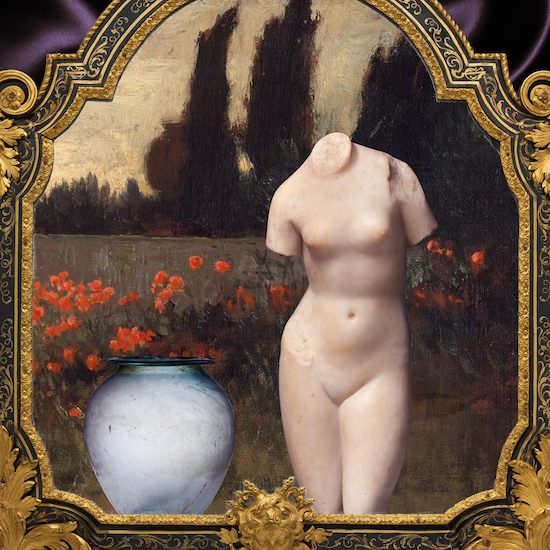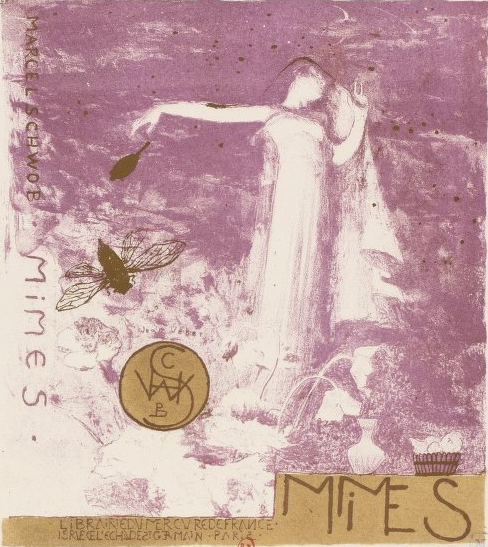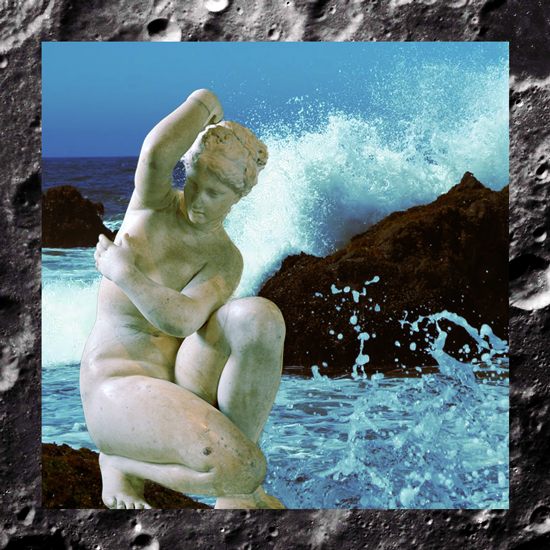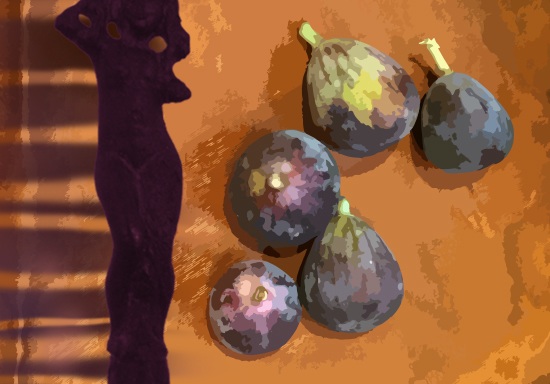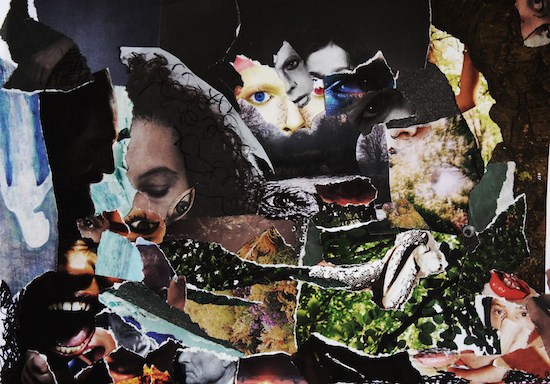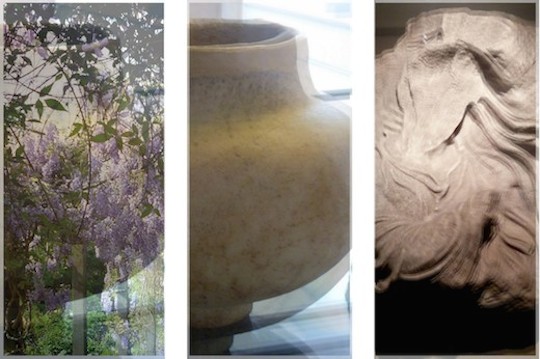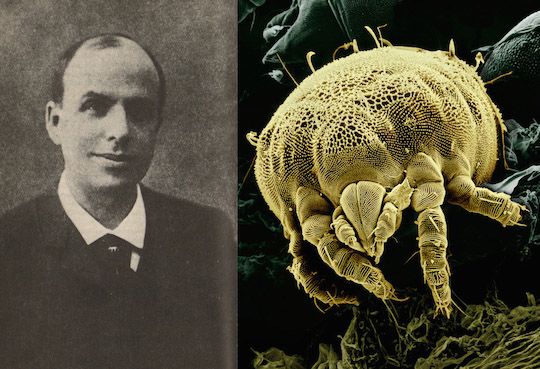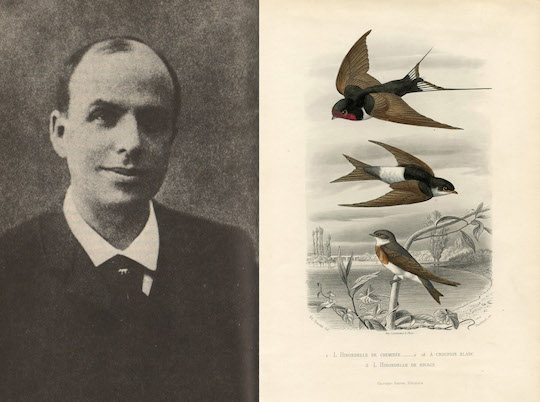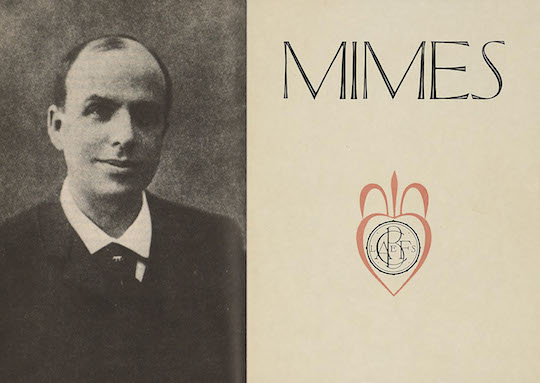We are back with the latest from around the world! This week we hear about Morocco, Hong Kong, and the United States. Enjoy!
Hodna Nuernberg, Editor-at-Large, reporting from Morocco
Some seven hundred exhibitors from Morocco and around the world descended on Casablanca for the Salon international de l’edition et du livre, which took place from February 9-18. Half open-air souk (rumor had it that one of the ambulatory vendors went so far as to offer women’s panties for sale!), half oasis of high culture, the book fair counted over 125,000 titles from forty-five different countries. Egypt, this year’s guest of honor, accounted for nearly fifteen percent of the titles on offer alone, and managed to ruffle more than a few feathers when an Egyptian publisher was allegedly caught displaying a book (A Brief History of Africa) whose cover featured a map of the continent depicting a “mutilated” Morocco—the disputed territory of the Western Sahara appearing as an independent nation under the Polisario flag. The presence of the book was firmly denied by the Ministry of Culture.


